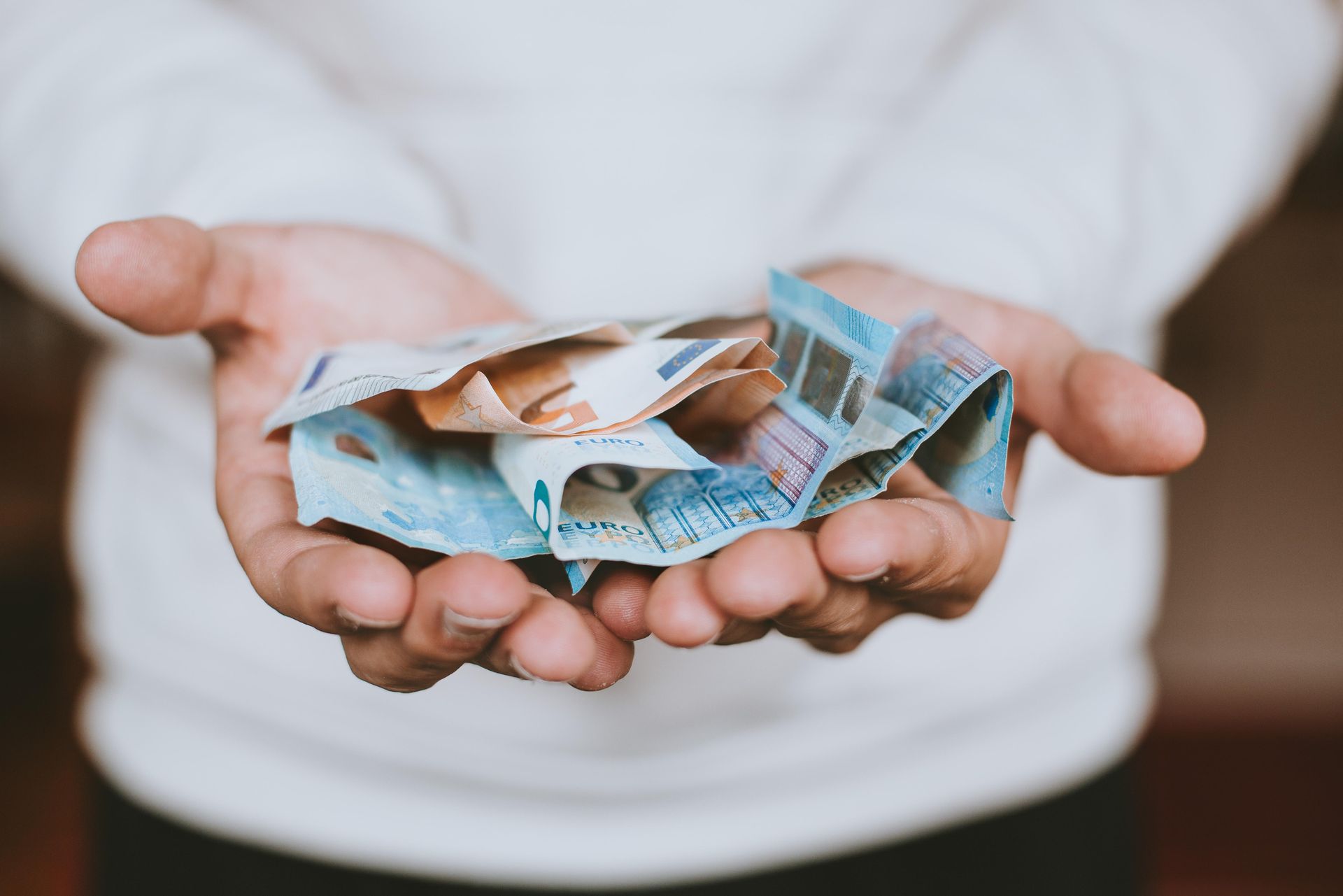An acquaintance recently told me about his trip to China. Among other things, he mentioned feeling like the odd man out whenever he paid for any products or services. Why? Because he seemed to be the only one paying with cash. Hardly anyone does anymore, especially in China’s major cities. Most payments are made almost invisibly using smartphones. The majority of people in China use Alipay, the payment service of the Chinese Internet giant Alibaba, to settle accounts. Alibaba is the market leader with a share of 54 per cent of the Chinese mobile payment market. As a result, cash transactions in China fell from 61 to 37 per cent within a few years and, according to Focus magazine, are increasingly being replaced by digital payment services. For both companies and customers, the declining use of cash means one thing: convenience. The purchasing process is completed within a matter of seconds. Moreover, with just a few clicks, companies can check their current turnover at any time. Automated accounting processes, a decline in cash transports and an increase in IT security measures are also part of this development.

But let’s get back to Germany, where the first cash machine was installed almost exactly 50 years ago. After that, more and more cash machines were installed every year, reaching a peak of 61,100 machines in 2015. Since then, many of these machines have been removed again – 1,600 of them between 2016 and 2017, according to a report in the Göttinger Tageblatt, a local German newspaper. But digitisation is not the only reason behind this development. A cash machine costs between €20,000 and €25,000 annually to operate, whereas a smartphone, the ‘cash machine’ of the future, is supplied by the customers themselves. Moreover, this digital cash machine is almost infinitely scalable at no additional cost to the banks, since the IT and security infrastructure only needs to be set up once in a central location and not across the entire country.

Markus Braun, CEO, CTO and the biggest private shareholder of Wirecard, believes that this is just the beginning. According to Braun, around 85 to 90 per cent of all global money transactions are still carried out in cash. Therefore, the money transaction market still promises enormous growth potential for the Viennese company which provides electronic payment and risk management solutions for digital payment transactions. Over the next seven years, the DAX newcomer plans to increase its transaction volume to €710 billion (2017: €91 billion). For this to happen, the company would have to achieve annual growth in the mid-20 per cent range. It may sound ambitious, but with annual growth rates of up to 45 per cent in the last several years, this has not been a problem.
But Wirecard, which has specialised in the automation of payment transactions, is not the only player on the market. Over 200 million customers worldwide carry out their online payments via PayPal, the American payment service provider. According to Focus magazine, 64 per cent of online retailers accept payment transactions via PayPal, putting the US company well ahead of Apple Pay (35 per cent), Visa Checkout (28 per cent) and Google Pay (25 per cent). PayPal only recently began cooperating with Google in order to acquire additional market shares in the mobile payment market. Customers are allowed to use the Google Pay online payment system without having to provide a valid credit card, which is issued virtually by PayPal for existing PayPal customers, so that the user can pay right away with a smartphone at the checkout.
No More Waiting In Line at Cash Registers
One final example is Amazon. There is clearly no getting around Jeff Bezos’ Everything Store when it comes to digital money transactions. Bezos’ company is dedicated to creating the ideal experience for shoppers. And so he went on to make this virtually seamless shopping experience possible, one domain at a time. Take the checkout-free Amazon Go store in Seattle, for example. This is Bezos’ solution to one of the problems that plague 58 per cent of Germans: long checkout lines. If you still have reservations about using digital payment services for fear that hackers could steal your payment data, you should think back to the 1920s and 1930s in the US.
At that time, John Dillinger, an American gangster, was operating with his band as a bank robber. The FBI offered a bounty of $10,000 US (the equivalent of $180,000 US today) for Dillinger and declared him ‘public enemy number one’. In other words, there will always be criminals who try to take other people’s money. Whether that happens through analogue or digital means is beside the point. Although a residual risk can never be excluded, digital payment services are becoming safer as security measures grow more sophisticated over time. And even if you can’t bring yourself to use digital payment systems at the moment, you can still take part in the success of companies such as Wirecard, Paypal, Visa and Amazon as an investor. Because one thing is already clear: (digital) progress is non-negotiable.
About the Author:
Georg Redekop is managing partner of Redekop & Partner KG and specialist author for the magazines "Börse Online" and "€uro am Sonntag".

